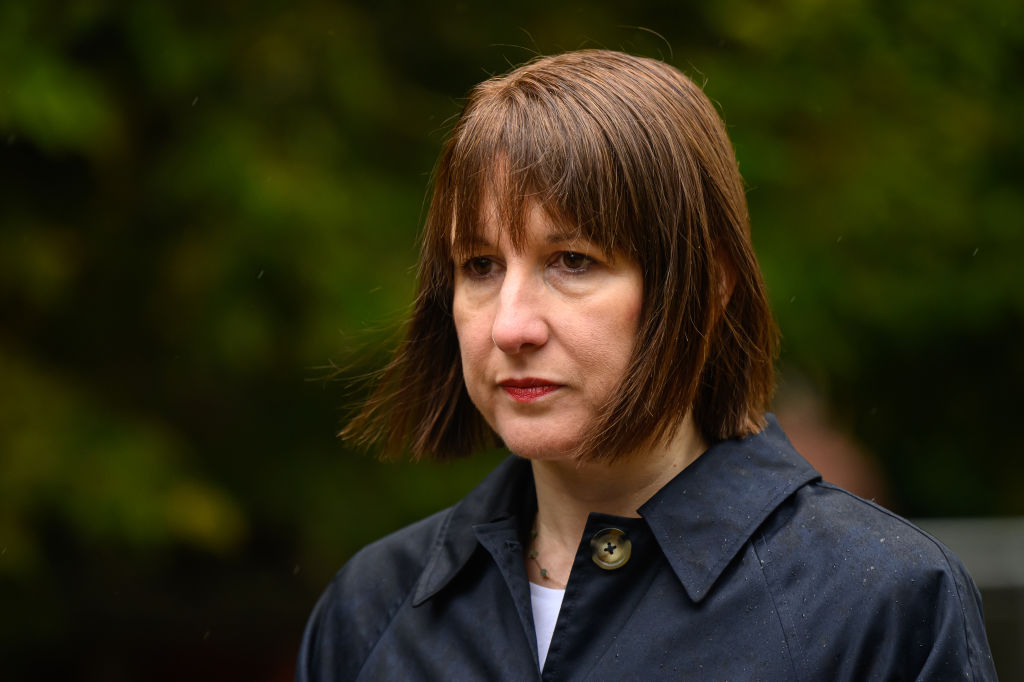Is the Speaker being a bit precious with his complaint about pre-Budget announcements? Lindsay Hoyle made a statement in the Commons this afternoon in which he issued a stinging rebuke to Rachel Reeves and other ministers for going ‘around the world telling everybody’ about significant Budget policies, rather than making the announcements to MPs first. He was very clear that he meant the Chancellor in particular, saying:
While this can hardly be described as a leak – the Chancellor herself gave interviews on the record, and on camera – the premature disclosure of the contents of the Budget has always been regarded as a supreme discourtesy to the House; indeed, I still regard it as such.
Downing Street pushed back against this, pointing out that it is ‘entirely routine for government to make announcements in the run-up to Budgets and spending reviews’. The going ‘around the world telling everybody’ line from Hoyle’s statement was a reference to Reeves going to Washington to confirm that she was changing the fiscal rules. In an alternative universe, a chancellor not forewarning the markets about this kind of manoeuvre might be seen as even more reckless than not telling MPs first. In fact, we hardly need travel to an alternative universe, given one of the (many) issues with Liz Truss’s mini-Budget was that much of it came as a surprise to the markets.
There is, though, no reason why a Chancellor can’t make those kinds of early announcements to the Commons rather than in a broadcast interview. Ministers have spent much of the past few weeks telling MPs that they can’t pre-empt the Budget on small details, only for Reeves and Keir Starmer to do just that outside the House. It is difficult to argue that pre-announcing that the £2 bus fare cap will rise to £3 is something the markets need, but Starmer went ahead and did that today.
It’s unfair to blame Starmer and Reeves: as Downing Street has alluded to, all parties have been doing this kind of pre-briefing forever. But Hoyle’s anger is that the Commons is so often treated as the least important element in British politics, far under the set piece speech or TV interview.
It is entirely natural that ministers should want a weak and overlooked Commons, just as many people would rather have a personal trainer who tells them they’re doing really well after half an hour of swooshing about pointlessly on the cross trainer. But like the ineffectual PT, the weak Commons is ultimately very bad for the fitness of politics because it presents little challenge to ministers.
Having opined at length about the problems with politics, Starmer has tasked Commons leader Lucy Powell with improving the way the Commons works. Powell’s Modernisation Committee is currently working on its three key work streams, which include ‘reforming working procedures to make the House of Commons more effective’. It is a promising proposal, but the chances are that either the committee produces meaningful suggestions which are then completely ignored, or it comes up with some very mild tweaks to allow a bit more backbench business time here or a streamlined private member’s bill process there. Don’t get me wrong: I would dearly love for the Modernisation Committee to be such a game-changer that the history of parliament pivots around it, but given the current crop of ministers seem entirely comfortable with the feeble scrutiny they’re subjected to at the moment, it seems a bit pointless to hope for much. No wonder the Speaker is a bit grumpy.








Comments